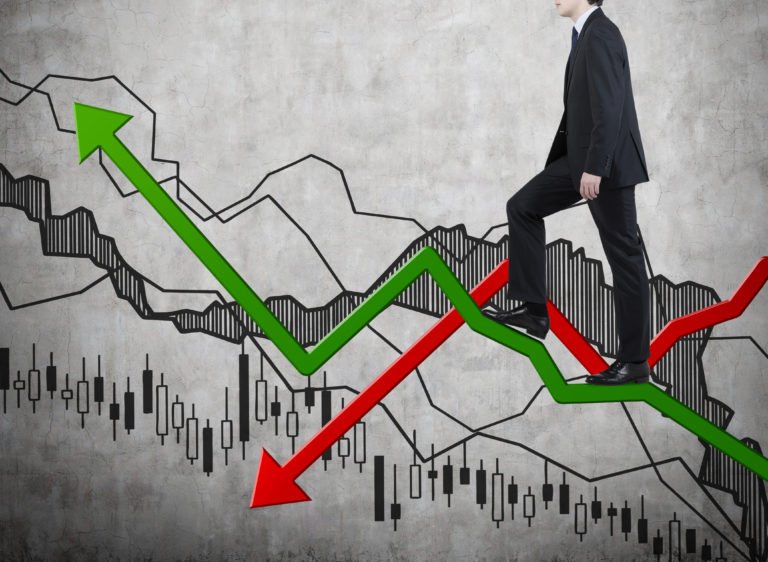The ongoing debt saga in Greece has reached its turning point—and it’s not likely to end well.
Last week, a bailout deal between the Greek government and their European creditors appeared certain. But Prime Minister Alexis Tsipras abruptly broke off talks, causing the Greeks to miss their scheduled payment to the International Monetary Fund (IMF) this past Tuesday.
Next, Tsipras shocked fellow politicians and investors by calling for a surprise referendum vote this Sunday, July 5. Greek citizens will go to the voting polls to choose one of two options:
- Vote ‘yes’ to Accept the terms offered by European creditors—which includes strict guidelines to curb spending.
- Vote ‘no’ to decline those measures in an attempt to force creditors to give Greece more favorable terms.
Prime Minister Tsipras has maintained that the referendum is not a vote as to whether the country should remain a part of the Euro—the currency that binds Greece and 18 other European nations. His counterparts, however, have responded that a ‘no’ vote will make it challenging to keep Greece as part of the currency.
In the Greek capitol of Athens, officials were taking no chances this week. Greek banks have been closed all week, while account holders were limited to 60 euros a day in ATM withdrawals. (That’s about $67).
The Athens Stock Exchange (Greece’s largest equity market) remained closed all week. As of right now, both banks and stock markets are scheduled to re-open on Monday, but that is subject to change depending on the results of Sunday’s vote.
The End Result
Greece owes foreign creditors about 380 billion euros in total—yet they didn’t have the funds to make a 1.5 billion euro payment this past week. This is a country in desperate need of some help—so why won’t the Greek government agree to the terms offered?
The biggest fear is the example this would establish not only in the Euro Zone, but throughout the world. Prime Minister Tsipras is urging his people to vote ’no’ because he believe the austerity measures offered by creditors—increased taxes and pension reforms—are ‘an embarrassment’ to the Greek people.
The problem is that no matter what happens, dangerous precedents will be created for all global economies. A ‘no’ vote means Greece wants to default on the payment and potentially exit the Euro. The idea of a country exiting the main currency… the precedent that it sets speaks for itself. Greece’s economy goes into a tailspin, and the Prime Minister will have placed the country at odds with ALL of its current allies.
But a ‘yes’ vote could have even deeper consequences. It would spell doom for Tsipras’ government after advocating a ‘no’ vote. And second, Greece would be agreeing to increase taxes in a country where people making $47,000 a year or more are already taxed at a rate of 42%! They’d also be agreeing to deep cuts to their pension program—which functions as Social Security in Greece.
Many experts have dismissed Greece’s impact on the world economy—comprising only 2% of European GDP, they’re not considered a major player. But they are the first domino, so to speak, among heavily debt-leveraged nations in the Euro Zone. These include France, Spain and especially Italy—leading world economies who surely realize the peril of creating a procedure in which the retirement funds of their citizens are the first target for international creditors.
It remains to be seen which way the Greek people will vote Sunday—and what that vote will mean. Reuters released a poll earlier this week in which they found a 55% likelihood of a victory for the ‘yes’ vote—not much better than flipping a coin.
However, even a ‘yes’ vote brings no guarantees, because the bailout offer expired when Greece missed the payment to the IMF. But voting yes keeps the door open for future negotiations, while a ‘no’ vote all but ends the possibility of an additional bailout.
While Sunday’s referendum may be exclusive to Greece, the results and repercussions will be felt across the globe.
VOTE: How Would You Vote In Greece?

















